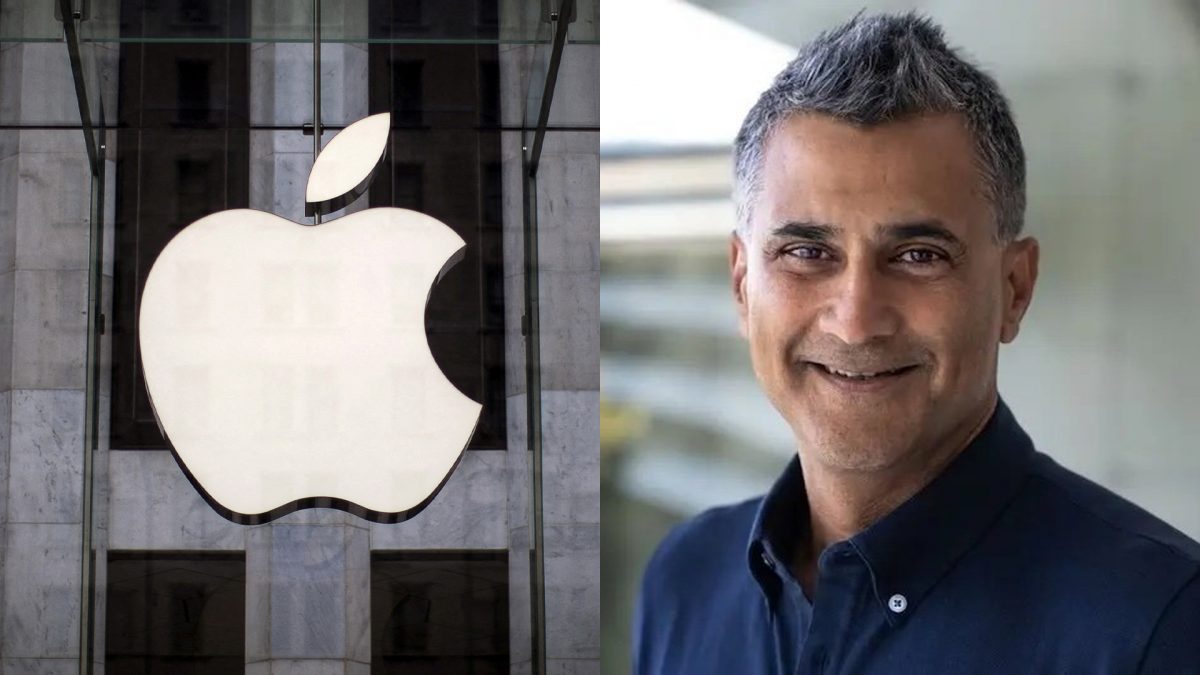Apple’s Chief Financial Officer, Kevan Parekh, has recently disputed claims that the company’s App Store generates a 75 per cent profit margin during his testimony at a UK trial. The case, heard by the UK’s Competition Appeal Tribunal, is a major part of ongoing efforts to challenge Big Tech companies and their control over app stores. The lawsuit is filed on behalf of 20 million UK Apple users who argue that Apple’s App Store operates as a monopoly, raising prices through its 30 per cent commission on paid apps and in-app purchases.
Apple has defended its business model, arguing that the App Store’s commission structure is fair and comparable to industry standards. The outcome of this case could have significant implications for the tech industry, particularly in how app stores are regulated and how platform fees are structured going forward.
The 75 per cent profit margin dispute
Kevan Parekh directly challenged the 75 per cent profit margin claim presented by the prosecution. This figure was based on evidence from a similar US case, but Parekh testified that calculating such a high profit margin was not only “inaccurate” but also difficult due to the integrated nature of Apple’s services. He explained that separating the profits from the App Store alone from Apple’s wider ecosystem is practically impossible. According to Parekh, indirect costs are involved, making it impossible to provide an exact profit figure for the App Store itself.
He emphasized that any estimation of the App Store’s profitability would be imprecise and subjective, pointing out that the prosecution’s calculation was based on assumptions that did not fully account for the complexities of Apple’s business model. Despite these defenses, the prosecution insists that their figures are based on expert financial analysis, pushing the case forward.
Apple’s fees and the monopoly argument
The UK lawsuit claims that Apple’s control over the App Store creates a monopoly, allowing the company to impose inflated fees on consumers. The prosecution argues that Apple’s 30 per cent commission fee, which applies to paid apps and in-app purchases, is excessive and anti-competitive. Apple, however, counters that 84 per cent of the apps on the platform are free, and thus, developers of these apps don’t pay any commission. Furthermore, for subscription-based apps, Apple reduces its commission to 15 per cent after the first year, providing some relief for long-term developers.
Apple maintains that the fees are justified, as they cover the costs of maintaining the platform, including security, developer tools, and the promotion of apps. The company has pointed out that other app stores have similar fee structures, positioning its App Store as part of a standard model within the industry.
The global regulatory impact and the EU’s Digital Markets Act
This case in the UK is part of a broader international debate about the regulation of app stores. The European Union, for instance, has taken steps to address concerns about Apple’s App Store practices by passing the Digital Markets Act (DMA), which requires Apple to allow alternative app stores on its devices. In response, Apple has complied by permitting alternative stores in the EU, though it still maintains control over app reviews to ensure compliance with its security standards.
While the EU’s DMA is designed to promote competition, it has led to mixed results. Apple continues to enforce its own rules on alternative stores, with the company still charging fees and overseeing app safety. Despite these restrictions, several alternative stores like AltStore and Epic Games Store are now operating in the EU. The outcome of the UK trial may further shape how regulators in other regions, including the EU and US, handle the issue of app store competition and platform fees.
)